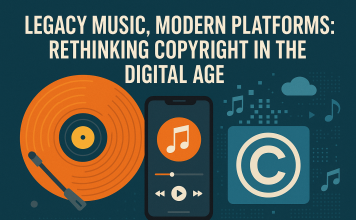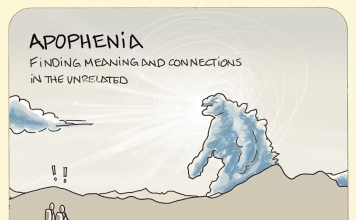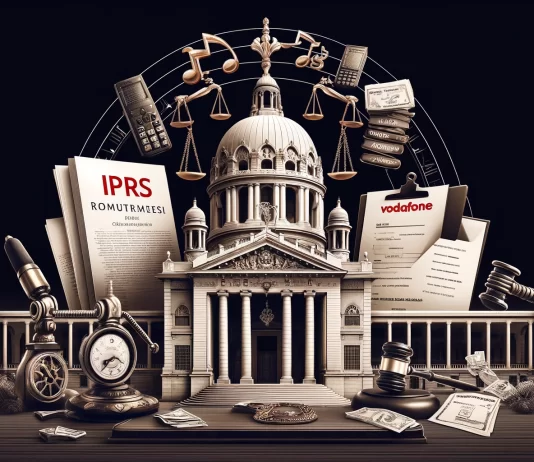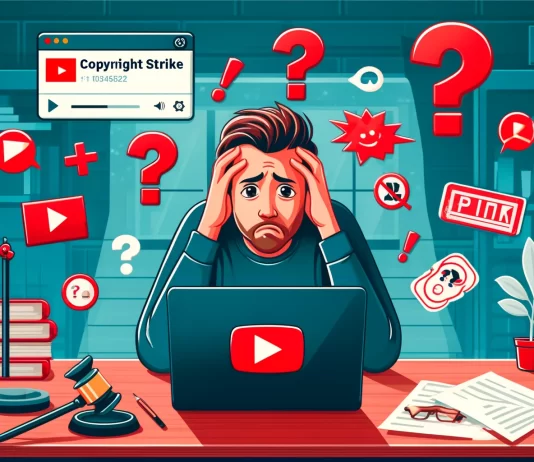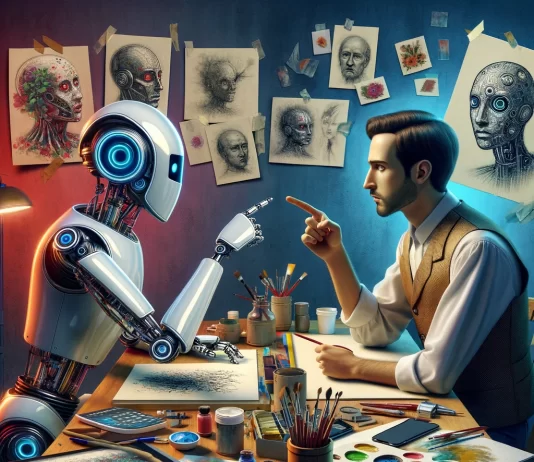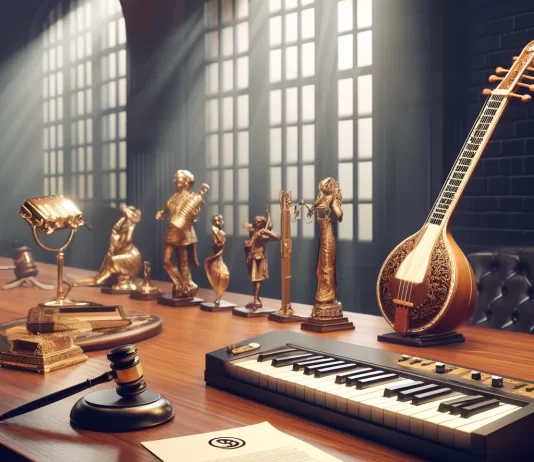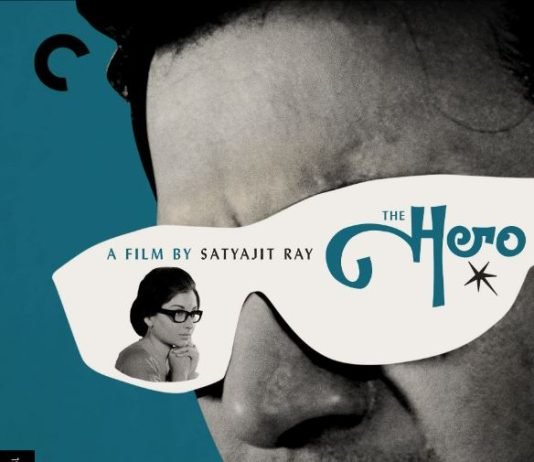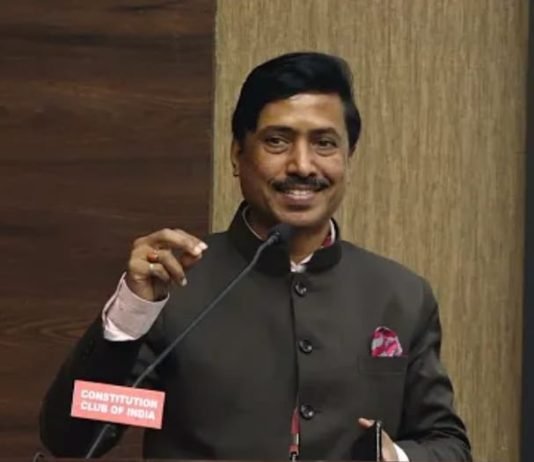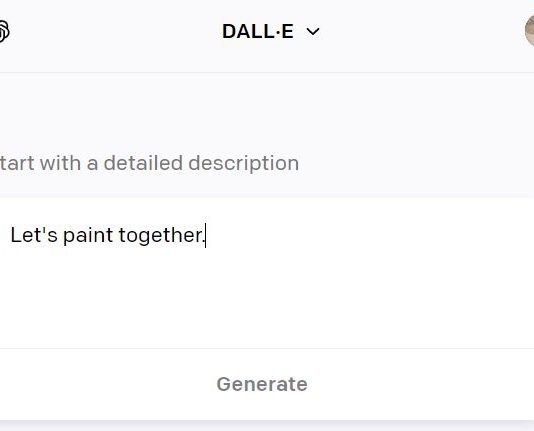Indian Copyright Law and Generative AI: Part 2- Transformative and Extractive Use
Akshat Agrawal -1
(This post is co-authored with Sneha Jain, Partner, Saikrishna & Associates)
Having first considered the question of whether storing copyrightable works for training purposes is reproduction that amounts to copyright infringement under Section 51 of the Indian Copyright Act, 1957, in this second post of this series we will specifically...
IPRS vs VODAFONE: Vodafone Liable To Pay Royalties To Authors, For Use of Literary and Musical Works
Savan Dhameliya -
Introduction
The case of The Indian Performing Right Society Ltd v. Vodafone Idea Ltd., is a significant ruling for the music industry containing critical aspects of the rights of authors to receive royalties, and particularly concerning the use of literary and musical works in telecommunications.
The Calcutta High Court, in its...
YouTube’s Policy Pitfalls: A Deep Dive into Copyright Claims and Safe Harbor Concerns
Savan Dhameliya -
Copyright enforcement mechanisms play a crucial role in safeguarding the rights of copyright owners. Various digital platforms, including YouTube, have implemented systems to address copyright infringement challenges. However, aiming to strike a balance between protecting content creators and respecting copyright holders is a tricky task. Many concerns have been...
(This post is co-authored with Sneha Jain, Partner, Saikrishna & Associates)
The scope of copyright liability of Generative AI (‘genAI’) models is a hot topic globally. Copyright issues that stem out of genAI technology can be categorized into four heads. All the litigations in the United States form a part...
The clarification given in Novex Communications Pvt Ltd. v. Trade Wings Hotels Limited, that owners of sound recordings can issue licenses without registering as a copyright society, is significant as it has created a lot of momentum in the music licensing space in India. Various entities, engaged in the...
T Series v. Dreamline Reality Movies – Personality Rights do not exist if you are NOT a celebrity.
Savan Dhameliya -
Introduction:
The Additional District Judge, Ludhiana had passed an order dated 23rd November,2023, whereby Dreamline Reality Movies (“Respondents / Dreamline”) were granted an order to restrain Super Cassette Industries Private Limited (“Appellant / T Series”) from producing, telecasting, selling or releasing the movie “Dear Jassi” until the final determination of...
THE IMPLICATIONS OF RDB & CO. V. HARPERCOLLINS INDIA JUDGEMENT AND THE POSSIBLE NEED TO REVISIT THE DEFINITION OF A ‘CINEMATOGRAPH FILM’
Siddhant Sanghavi -
On the 23rd of May, Justice C. Hari Shankar of the Delhi High Court while dealing with the matter of RDB and Co. v. Harper Collins India Pvt. Ltd. regarding the ownership of copyrights to the screenplay of 1996 film ‘Nayak’ held that the first owner of the copyright...
GUEST POST: DR. G.R. RAGHAVENDER: FUTURE OF INDIAN COPYRIGHT LAW IN THE FACE OF THE EMERGING DISRUPTIVE TECHNOLOGIES
Anushree Rauta -
Today, 21st June is the eleventh anniversary of the Copyright (Amendment) Act 2012 (Act 24 of 2012) coming into force after it was notified in the Gazette by the Central Government on June 21, 2012. It was earlier passed unanimously by the Indian Parliament on May 22, 2012, and...
GUEST POST: SUDARSHAN MJ: LIGHTS, CAMERA, COPYRIGHT: CURTAINS CLOSE ON THE ISSUE OF COPYRIGHT OWNERSHIP IN THE SCREENPLAY OF SATYAJIT RAY’S FILM ‘NAYAK’
Anushree Rauta -
Recently, the Delhi High Court in RDB & Co. HUF vs. Harper Collins, summarily rejected the Plaintiff’s prayer to restrain the Defendant, i.e. Harper Collins, from novelising the screenplay of the popular Bengali film ‘Nayak’, which was written and directed by Satyajit Ray. Placing reliance on Section 13(4) of...
GUEST POST: SIDDHANT SANGHAVI: TEXT-TO-IMAGE WORKS: AI, HUMANS AND COPYRIGHT COMPLICATIONS
Lokesh Vyas -
AI-generated artwork has been on the rise for quite some time with varied experiments such as Walter Thompson’s The Next Rembrandt and Obvious’ Edmond De Balamy both of which required a sophisticated software specially designed for this purpose, a varied dataset and a collective of intellectuals all working towards...





